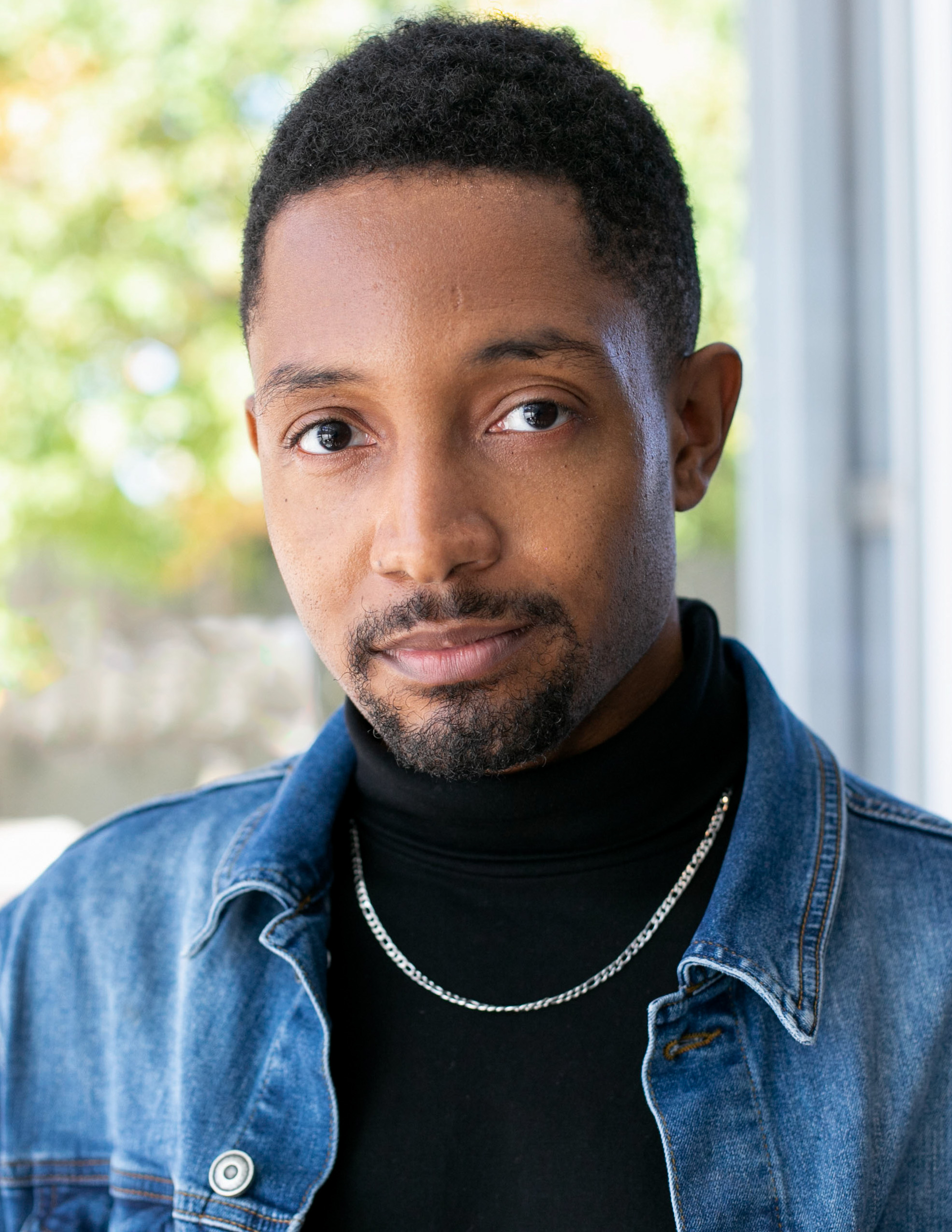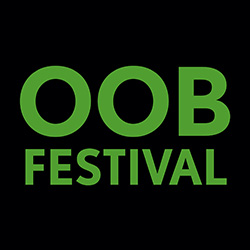
Title
18
Playwright
Darius M. Buckley
Website
Social
New Play Exchange
SYNOPSIS
18 tells the story of two teenage black boys in juvie reflecting on the lives they once lived and what the unknown future holds. This play in verse is a coming-of-age story that explores how one moment can transform our lives forever.
PLAYWRIGHT’S BIO
Darius M. Buckley is a dramatist, published author, performing artist, and native Detroiter. He studied Broadcast and Cinematic Arts at Central Michigan University and is currently pursuing a Master of Fine Arts in Playwriting at Columbia University. A few of his playwriting credits include: The Fly & Incredibly Dope Adventures of Tyrone Jenkins: A Detroit Hip Hop Musical (CMU and the Detroit Fringe Festival), Thin Places (115 Short Play Festival), and The Bridge (Columbia University). Darius has also written and directed films such as: The DEFY Film, 5: A Visual Poem, American Thriller, Wonder Boy and Making Tyrone: A 1VK1 Mini Documentary. His literary publications include Wonder Boy: A Science Fiction Short, Only The Golden Sky Knows, and his first novella, HAZE: Book One. His calling is to write soulful black stories that inform, inspire, and heal. Stories that embody the pain, joy, and magic of young black voices.
A BIT ABOUT THE PLAYWRIGHT
1. When did you start writing plays? If you had a moment where you realized you wanted to write, what was it?
I started writing plays in high school. I was the member of an after school performing arts program called Mosaic Youth Theatre of Detroit and every once in a while we got tickets to touring Broadway shows. I remember the magic of hearing the audience chatter grow silent as the lights went down. That moment when the first scene starts and the audience is captured by the story. I wanted to create that moment, that magic. Especially since a lot of the shows I saw didn’t have people that looked like me in principal roles. I wanted to bridge that gap for teenagers like me at the time. So I started writing plays and casting my friends in them. We hung up curtains and lights in my Mom’s living room and created stories where we were the superheroes, the heartthrobs, the kings. Stories where we could let our imaginations reach to the greatest heights.
2. How did you come to write your OOB play? Was there a particular inspiration behind its creation? How has it developed?
I wrote 18 last year in my Collaboration class at Columbia University. A course focused on collaborating with directors, dramaturgs, and actors. It evolved over the span of the semester and had a workshop performance at the school last winter. I told my team that I was interested in writing a play in verse. I hadn’t done it since my hip hop musical Tyrone, so I was aching to try again. Around that time, I found myself doing research on mass incarceration and its effect on young black boys. Unfortunately, but not surprising, I found so many statistics on how black boys are disproportionately incarcerated. It sparked a memory. When I was in Mosaic in high school, we did a day of service where we performed monologues and songs for people that wouldn’t normally have the opportunity to see theatre. People in nursing homes, shelters, and juvenile detention centers. I remember seeing the faces of those young black boys. Boys that looked like me. Seeing them escape that world for just a moment when we performed for them. The heart breaking part was when we left. I looked back at the room, through the bars on the windows, and realized that I was going home but they wouldn’t be. A part of me felt guilty, like I was leaving them behind. This play is for my brothers. The ones that I wish I could’ve taken with me.
3. What are 5 words that describe who you are as a playwright?
Soulful, imaginative, curious, driven, and cinematic.
4. What/who are some of the major influences on your writing?
I have many influences from different art forms. Playwriting wise, Stew and Passing Strange, because that’s the first time I saw myself in a character on stage. Lin Manuel Miranda, because he showed me that verse and hip hop had a place on the stage. Lynn Nottage’s masterful way of storytelling and elevating the untold stories of extraordinary people. David Henry Hwang, because his ability to craft a lyric with emotional richness has inspired me in both musical theatre and opera. Eric Whitacre, because his music has been the soundtrack of my creative process for many years. His method of creating the emotional architecture of a piece and finding the “golden brick” was instrumental in me finding my process as an artist. The biggest one, my faith in Christ, which is the greatest influence. God has carried me through so much and every story is inspired by this crazy wonderful life He’s blessed me with. I use this gift in honor to Him and everything He’s done.
5. What’s one fact someone would never guess about you?
I was convinced I’d be a news anchor. I almost gave up writing and acting in college, which is why I studied Broadcast in undergrad. Until a wonderful lady named Dr. Annette Thornton convinced me to continue using my gift.
6. What are some of your favorite plays?
I have so many plays and musicals to choose from, but if I had to make a small list, I’d say: Sweat by Lynn Nottage, Passing Strange by Stew, Lin Manuel Miranda’s Hamilton, The Curious Incident of the Dog in the Nighttime by Simon Stephens, Soft Power by David Henry Hwang, Jason Robert Brown and Alfred Uhry’s Parade, and Harry Potter and the Cursed Child.
7. Any new projects you’re working on or shameless plugs?
I have a few projects on the horizon. The most important is my thesis play that will premiere at Columbia University next spring. I’m also excited to be working on the sequel to my first book Haze and a choral classical piece with my long time collaborator, Stephen Berkemeier.



